
Patients with microsatellite instability-high/mismatch repair deficient metastatic colorectal cancer treated with first-line nivolumab plus low-dose ipilimumab experienced a durable clinical benefit.

Your AI-Trained Oncology Knowledge Connection!


Patients with microsatellite instability-high/mismatch repair deficient metastatic colorectal cancer treated with first-line nivolumab plus low-dose ipilimumab experienced a durable clinical benefit.

Investigators noted evident racial and ethnic disparities among patients with high prostate-specific antigen levels who received subsequent prostate MRI imaging.

Patients who are White British and have been diagnosed with a malignant primary brain tumor were found to have a shorter survival compared with patients of other ethnicities.

A retrospective study suggests that there might be an association between pre-existing TP53 clonal hematopoiesis of indeterminate potential variants and therapy-related myeloid neoplasms for patients with high-grade ovarian cancer following treatment with rucaparib.

The single-cell functional precision medicine treatment, an artificial intelligence strategy helps to create therapies for patients with hematologic cancers.
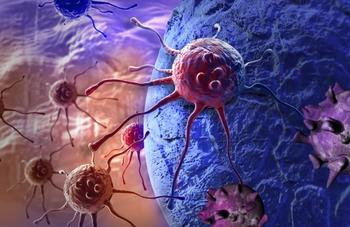
Eric D. Whitman, MD, discusses the clinical trial program at Atlantic Health System, a large nonprofit health care network in New Jersey, and how partnering with the Translational Genomics Research Institute will help to bring better care to patients with cancer.

Research estimates suggest that the cost of metastatic breast cancer, especially in younger and midlife women, is expected to rise from 2015 through 2030 along with the overall prevalence of cases.

Germline testing for BRCA1/2 mutations in tumor tissue for treatment selection of PARP inhibition in HER2-negative metastatic breast cancer did not show large differences in outcomes compared with blood testing, inferring feasibility of tumor testing.

The utilization of 68Ga-PSMA-11 PET allowed for positive sensitivity and specificity scores for patients with intermediate to high-risk prostate cancer following radical prostatectomy and lymph node dissection.
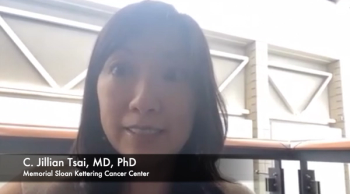
CancerNetwork® sat down with C. Jillian Tsai, MD, PhD, at the 2021 American Society for Radiation Oncology to talk about the use of stereotactic body radiation therapy to treat breast and lung cancer.

Patients with mutant-IDH2 acute myeloid leukemia experienced a better overall response rate when treated with enasidenib plus azacitidine compared with azacitidine alone.

Patients who received transoral robotic surgery for human papillomavirus–positive oropharynx squamous cell carcinoma were likely to experience pathologic extra nodal extension and positive margins following surgery.

The Centers for Medicare & Medicaid Service has released an interim final rule on COVID-19 vaccination for health care staff participating in Medicare and Medicaid programs, and the Occupation Safety and Health Administration has released an Emergency Temporary Standard for employers with 100 or more staff members.

The FDA granted Fast Track Designation to bemcentinib combined with a PD-L1 agent to treat patients with STK11 altered advanced/metastatic non–small cell lung cancer without actionable mutations.

CancerNetwork® sat down with C. Jillian Tsai, MD, PhD, at the 2021 American Society for Radiation Oncology to talk about why consolidative radiotherapy may be beneficial against oligoprogression in metastatic breast and lung cancer.
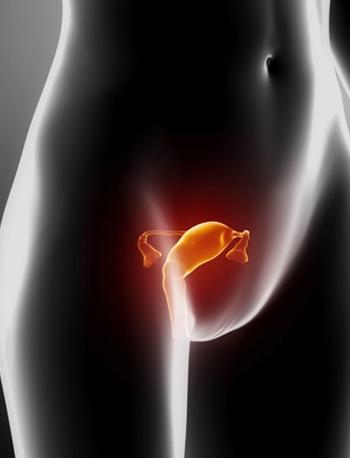
A comparative study indicated that patients with advanced ovarian cancer who received high and low doses of neoadjuvant chemotherapy experienced similar improvements in overall survival.
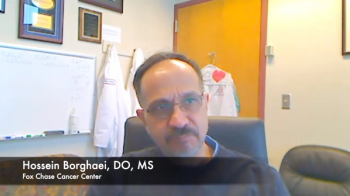
CancerNetwork® sat down with Hossein Borghaei, DO, MS, to talk about the rationale behind the TROPION-Lung04 trial using Dato-DXd plus durvalumab.

Findings from a study indicated that non-Hispanic American Indian and Alaskan Native patients with breast cancer were more likely to undergo a mastectomy compared with non-Hispanic White patients.
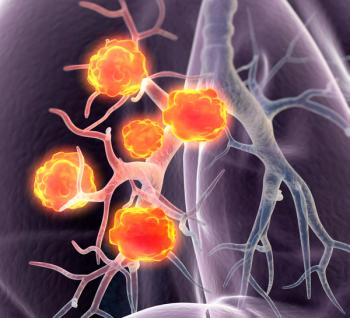
Findings from the CheckMate 816 trial indicated that the combination of nivolumab and chemotherapy as neoadjuvant therapy resulted in a significant event-free survival benefit for patients with resectable non–small cell lung cancer.

The recent episode of the "Oncology Peer Review On-The-Go" podcast features Alexandra Sokolova, MD, discussing her article on germline testing and NCCN guidelines for patients with prostate cancer.

CancerNetwork® sat down with Andrew Cook, MD, at the 2021 American Society for Radiation Oncology to talk about exciting trials in the head and neck space, including the phase 2 ORATER2 and phase 3 MC1675 trials.

CancerNetwork® spoke with Anthony W. Tolcher, MD, and Alexander I. Spira MD, PhD, about NEXT Oncology partnering with the Phase 1 Trials Program at Virginia Cancer Specialists to give patients another chance at treatment.

CancerNetwork® sat down with Andrew Cook, MD, at the 2021 American Society for Radiation Oncology to discuss ongoing trials on treatment de-escalation and mitigating mucositis-related pain in head and neck cancer.

As lenvatinib plus pembrolizumab combination therapy results in a wide range of adverse effects, some which even led to discontinuation of the treatment, investigators suggest a proactive strategy for patients with advanced renal cell carcinoma.
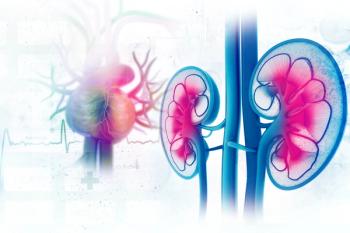
Research from the 2021 International Kidney Cancer Symposium North America identified prognostic value in cell cycle proliferation and epithelial-mesenchymal transition pathway scores in clear cell renal cell carcinoma in predicting survival and recurrence.

A notable association has been identified between non-clear cell renal cell carcinoma and proliferative disease.

Patients with cancer who have underwent radiotherapy within 6 months did not experience any notable safety concerns after receiving the Moderna mRNA-1273 vaccine.

CancerNetwork® sat down with Andrew Cook, MD, at the 2021 American Society for Radiation Oncology to discuss the potential role of gabapentin in head and neck cancer despite garnering negative results in oropharynx cancer.

Camrelizumab plus apatinib demonstrated efficacious anti-tumor activity and could be a worthwhile salvage therapy in high-risk chemorefractory or relapsed gestational trophoblastic neoplasia.

Patients who had a poor pathological response to preoperative chemoradiation for advanced rectal cancer and waited 8 weeks or longer for surgery were likely to experience poor overall disease-free survival after completing neoadjuvant chemoradiotherapy.